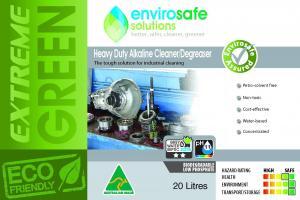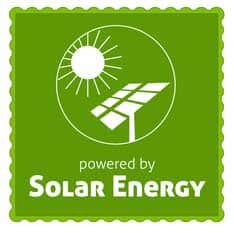Envirosafe Solutions brings you an update on the United Nations’ latest information on renewable energy approaches. Staying abreast of current and up to date information on sustainable global practices is a feature of the Envirosafe approach to green issues and concerns.
 The Intergovernmental Panel on Climate Change maintains it is feasible to project that renewable energy can account for 80% of the world’s energy within forty years. The panel, which is overseen and convened by The United Nations comprises the world’s leading climatologists, and is currently investigating realistic options to the world’s current energy plight. Central to their findings, is the issue of disparate and obstructionist government policies worldwide, which are preventing the effective transition to renewables on a global scale. According to Ramon Pichs, co-chair of one of the panel’s working groups, “the report shows that it is not the availability of renewable resources but the public policies that will either expand or constrain renewable in the coming decades.” Developing countries have an important stake in the future – this is where most of the 1.4 billion people without access to electricity live yet also where some of the best conditions exist for renewable energy deployment.”[1]
The Intergovernmental Panel on Climate Change maintains it is feasible to project that renewable energy can account for 80% of the world’s energy within forty years. The panel, which is overseen and convened by The United Nations comprises the world’s leading climatologists, and is currently investigating realistic options to the world’s current energy plight. Central to their findings, is the issue of disparate and obstructionist government policies worldwide, which are preventing the effective transition to renewables on a global scale. According to Ramon Pichs, co-chair of one of the panel’s working groups, “the report shows that it is not the availability of renewable resources but the public policies that will either expand or constrain renewable in the coming decades.” Developing countries have an important stake in the future – this is where most of the 1.4 billion people without access to electricity live yet also where some of the best conditions exist for renewable energy deployment.”[1]
These findings, launched at the IPCC’s Abu Dhabi Working Group Sessions on 9th May 2011 augur well for the planet’s future, providing there is policy support from national governments across the world. Youba Sokona, The Co-Chair of the panel’s Working Group III has added that “the potential role of renewable energy technologies is meeting the needs of the poor and in powering sustainable growth of developing and developed economies can trigger sharply polarized views. This IPCC report has brought some much needed clarity to this debate in order to inform government on the options and decisions that will be needed if the world is to collectively realize a low carbon, far more resource efficient and equitable development path.”[2]
The report also reviewed the six main renewable energy technologies:
- Bioenergy
- Direct solar energy
- Geothermal energy
- Hydropower
- Ocean energy
- Wind energy
Perhaps the most relevant aspect of the report is not so much an isolated consideration of these main renewables but a more in-depth consideration of how these more sustainable forms of energy production can be integrated into existing and future energy approaches and systems and policies.
The report also maintains public policies that recognize and “reflect the wider social, economic and environmental benefits of renewable energies, including their potential to cut air pollution and improve public health, will be key for meeting the highest renewable deployment scenarios.”[3]
In view of the Government’s latest 2011 budget in Australia, which left the issue of the environment clearly off the fiscal agenda, it will be interesting to see how Australia responds to the panel’s latest findings. One hopes a full understanding of the need for policy that supports the use of renewables can be developed and implemented worldwide in the coming years.
Envirosafe Solutions is a proudly Australian owned company that supports the use of renewables in industry, homes and business. Call Envirosafe Solutions for more information on their environmentally sustainable products.
Envirosafe Solutions 1300 88 90 70
[1] http://www.guardian.co.uk/environemnt/2011/may/09/ipcc-renewable-energy-power-world
[2] Press Release, IPCC, 2011. http://ipcc.ch/index.htm
[3] Ibid.



















